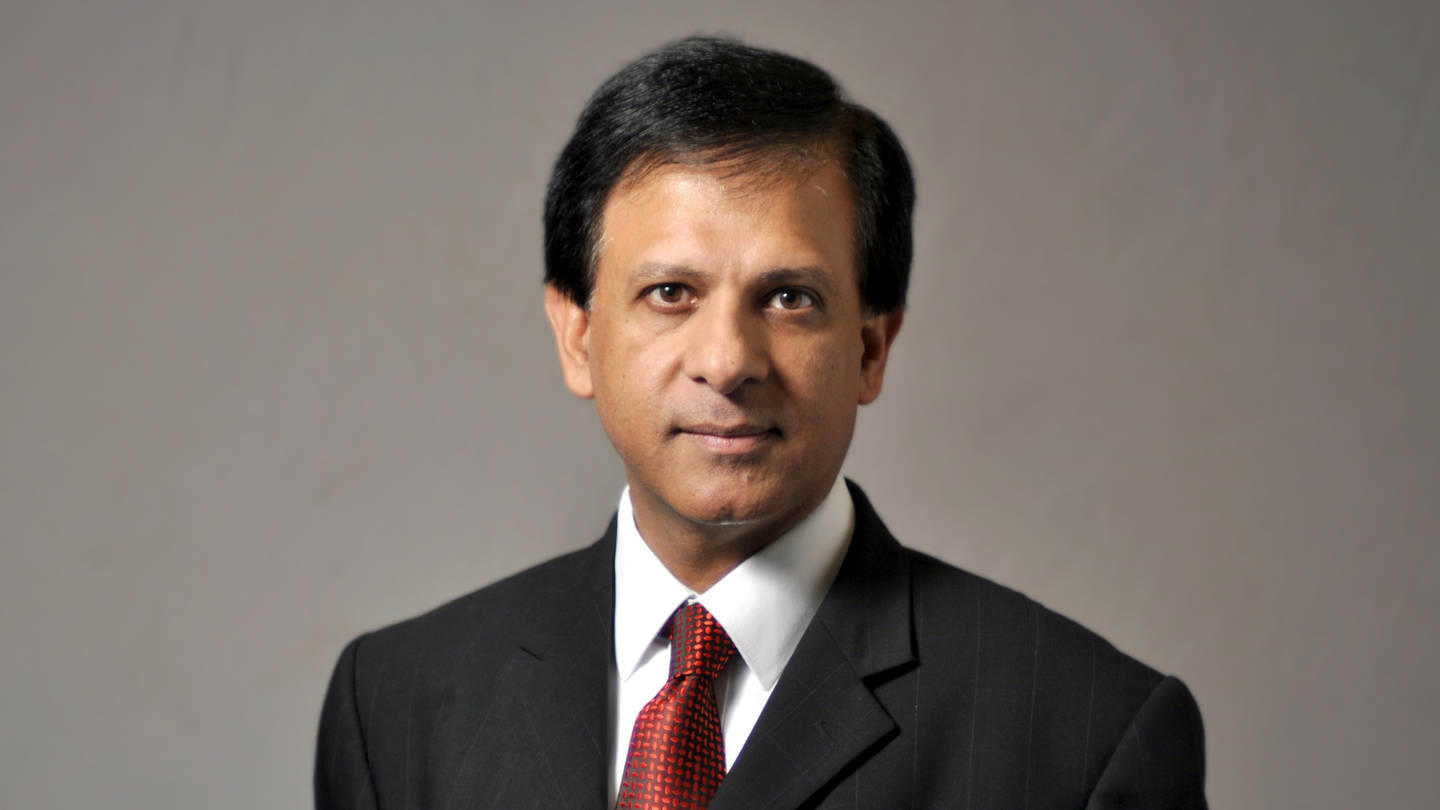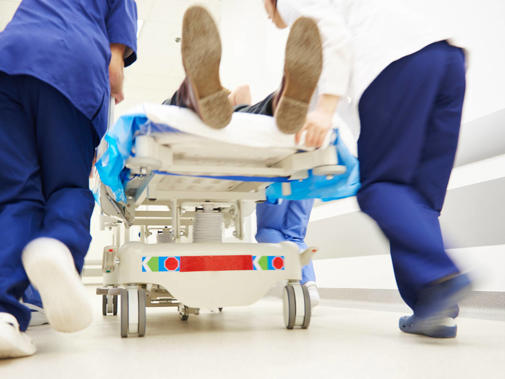This is one of the findings of the latest BMA tracker survey, completed by more than 10,000 doctors, which reveals that only a third feel fully protected from coronavirus infection in their workplaces.
The survey also shows hundreds of doctors were left unable to work, or had to reduce their hours searching for alternative childcare providers or using multiple providers, with the pandemic having a significant effect on the balance of work and family life.
The findings are part of a wider survey by the BMA which has been conducted every two weeks since the crisis began. It has been tracking how doctors are responding to the pandemic and the effect it is having on their working lives and wellbeing.
Demand management
The survey also shows thousands of doctors have no confidence in being able to manage patient demand in the coming weeks and that caring for those with COVID-19 has severely affected the treatment and care available for other patients. Around six in ten say they have either little or no confidence that the expected demand can be properly managed.
More than 50 per cent of doctors say the care for patients without COVID-19 already suffering with the situation in their hospital trusts, GP practices or local NHS was getting worse.
These findings come just two days after NHS England published a ‘road map’ to support the resumption of routine operations and treatments over the next six weeks.
Doctors have also experienced pressures on their mental health during the crisis. Asked if they were suffering from depression, anxiety, stress, burnout, emotional distress or any other mental health condition related to or made worse by their work, just under a third said yes, and in addition that it was worse during the pandemic than it was before.
Ability to cope
 NAGPAUL: Doctors 'are telling us about very low confidence levels'
NAGPAUL: Doctors 'are telling us about very low confidence levels'
BMA council chair Chaand Nagpaul said: ‘When thousands of doctors are telling us they continue to have little or no confidence in being able to manage the levels of demand for care from patients without COVID-19, it begs the question, “what evidence is the Westminster Government using to believe that normal NHS services can resume?”
‘Last month the Government insisted that, before lockdown was eased, the NHS must be able to cope. These results clearly show that doctors on the front line feel this is not the case. The BMA is regularly surveying doctors across the UK and this is the second time they are telling us about very low confidence levels.’
The survey suggests the lowest level of confidence is for managing demand in the community – care homes for example – with 69 per cent of respondents saying they are not very or not at all confident. And around 60 per cent of doctors say they have little or no confidence that demand for tests, scans and other diagnostic type treatment could be properly managed.
‘Road map’ flaws
Doctors leaders said the survey responses from doctors underpin the fact that NHS England’s road map gives no detail about how all patients will be cared for in an environment free of infection, how the risk of infection will be mitigated and how the Government intends to provide enough personal protective equipment not just for COVID-19 care but for all those staff and patients in non-COVID-19 areas.
The survey also finds continuing disparities in the experiences of white and BAME (Black, Asian and minority ethnic) doctors during the crisis.
When asked whether they felt pressured into seeing patients without PPE, in AGP (aerosol-generating procedure) areas, 3 per cent of white doctors said they often were and 17 per cent said they sometimes were. In contrast 10 per cent of BAME doctors often felt pressured, and 31 per cent sometimes pressured.
BAME doctors were found in the survey to be more likely to experience shortages of filtering face piece 3 facemasks in AGP areas, more likely to fail first-time fit testing, and were more fearful about speaking out.
And, with more than seven million people on hospital waiting lists, the BMA has called for the Westminster Government to set out a clear and tangible plan of how the system will have capacity both for the ongoing demands of the pandemic, as well as resuming services for those patients who are left in limbo.

